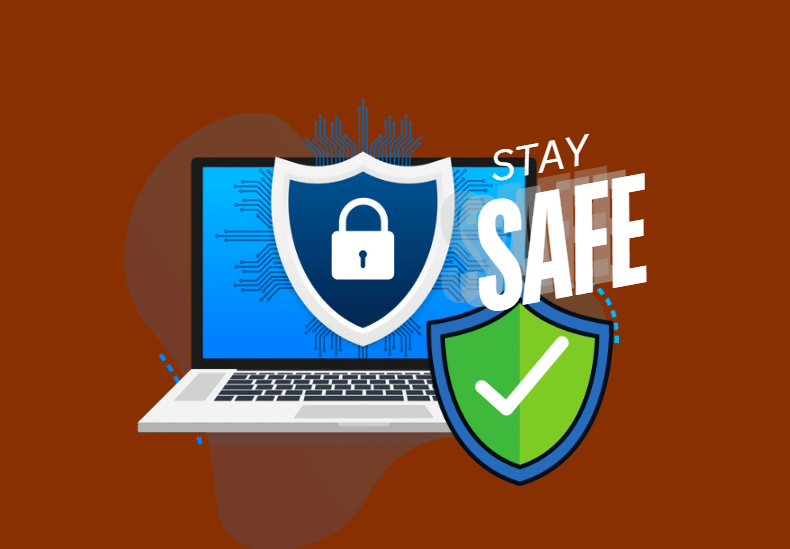Protecting Yourself Online
By: Rob Ziobro, VNFA Assistant Vice President, Technologies
As we recognize Cybersecurity Month, it’s essential to take proactive steps to safeguard our online presence. With the increasing prevalence of cyber threats, understanding how to protect yourself is more important than ever. See below for this week’s valuable tips on creating strong passwords, managing your online privacy, recognizing phishing attacks, and maintaining device security. By implementing these strategies, you can enhance your digital safety and enjoy a more secure online experience. Let’s get started!

Strong Passwords and Two-Factor Authentication
- Start your journey to online safety by creating strong, unique passwords for each of your accounts. Avoid common words or easily guessed information; instead, opt for a mix of letters, numbers, and symbols. Consider using a password manager to securely store and generate passwords. Additionally, enable two-factor authentication (2FA) wherever possible. This extra layer of security requires a second form of verification, such as a text message code or an authentication app, making it much harder for unauthorized users to access your accounts.
Mindful Sharing and Privacy Settings
- Be mindful of the personal information you share online. Limit what you post on social media and regularly review your privacy settings to control who can see your content. Avoid sharing sensitive details such as your location, phone number, or other identifying information. The less personal information you share, the harder it is for potential cybercriminals to target you. Remember, once something is online, it can be difficult to remove, so think before you post.
Staying Vigilant Against Phishing Attacks
- Phishing attacks remain a prevalent threat in today’s digital world. Be cautious of unsolicited emails or messages asking for personal information or urging you to click on links. Always verify the source before responding or taking any action. Look for signs of phishing, such as poor grammar, generic greetings, or mismatched email addresses. If something seems off, trust your instincts and avoid engaging with suspicious messages.
Software Updates and Public Wi-Fi Safety
- Regularly updating your software and devices is essential for maintaining cybersecurity. Software updates often include patches for security vulnerabilities that cybercriminals may exploit. Make it a habit to check for updates on your operating system, apps, and antivirus software. Additionally, be cautious when using public Wi-Fi networks; they can be easily compromised. Avoid accessing sensitive information, like banking details, when connected to public Wi-Fi, and consider using a Virtual Private Network (VPN) for added security when browsing on these networks.